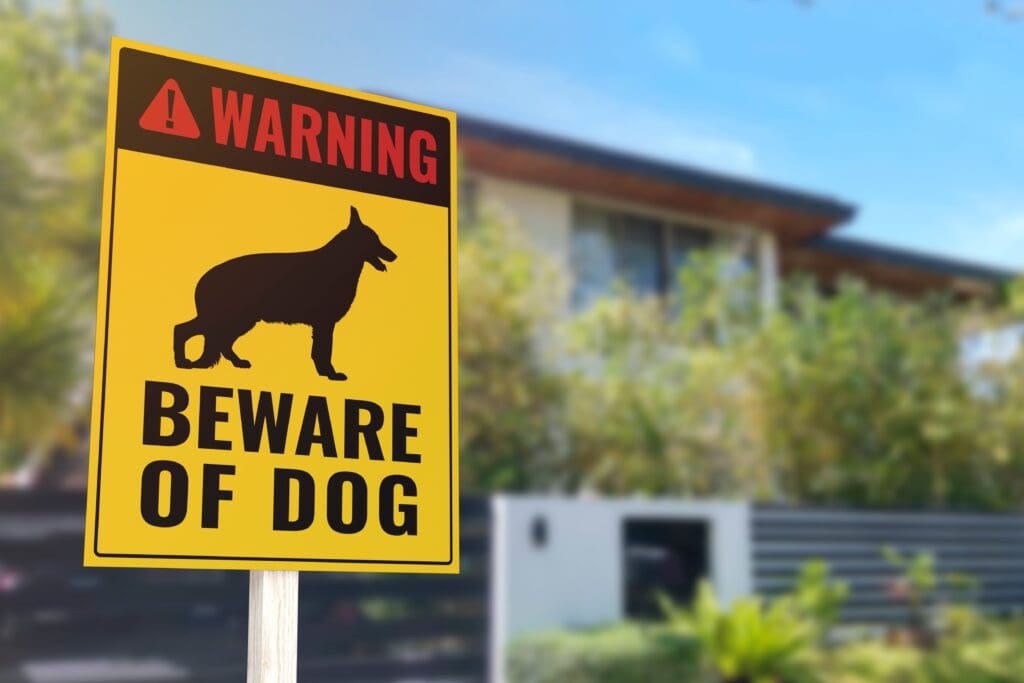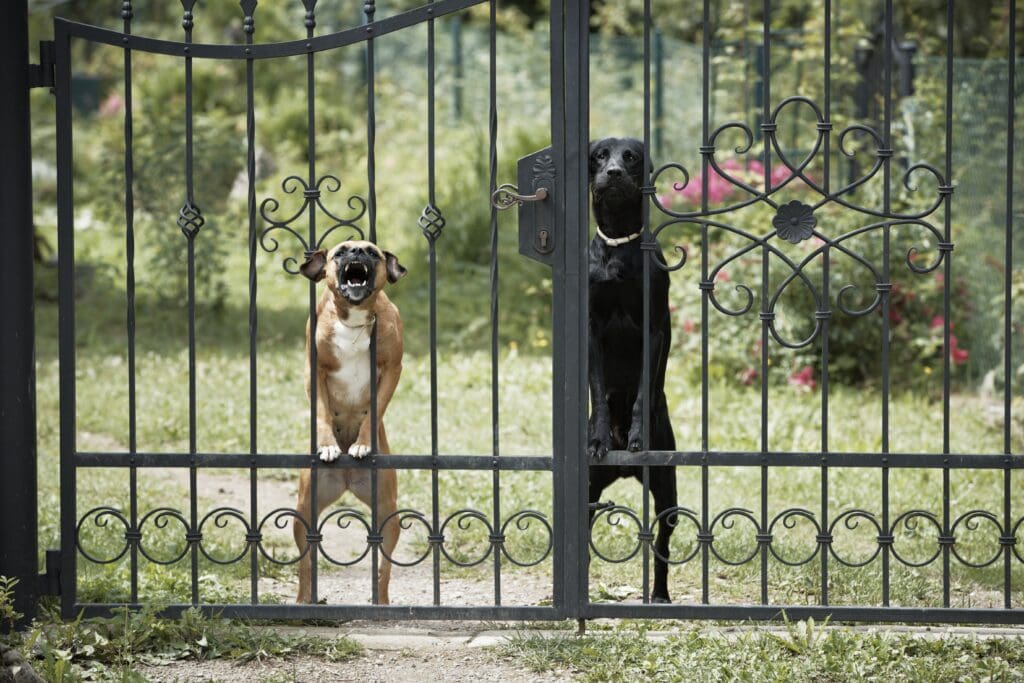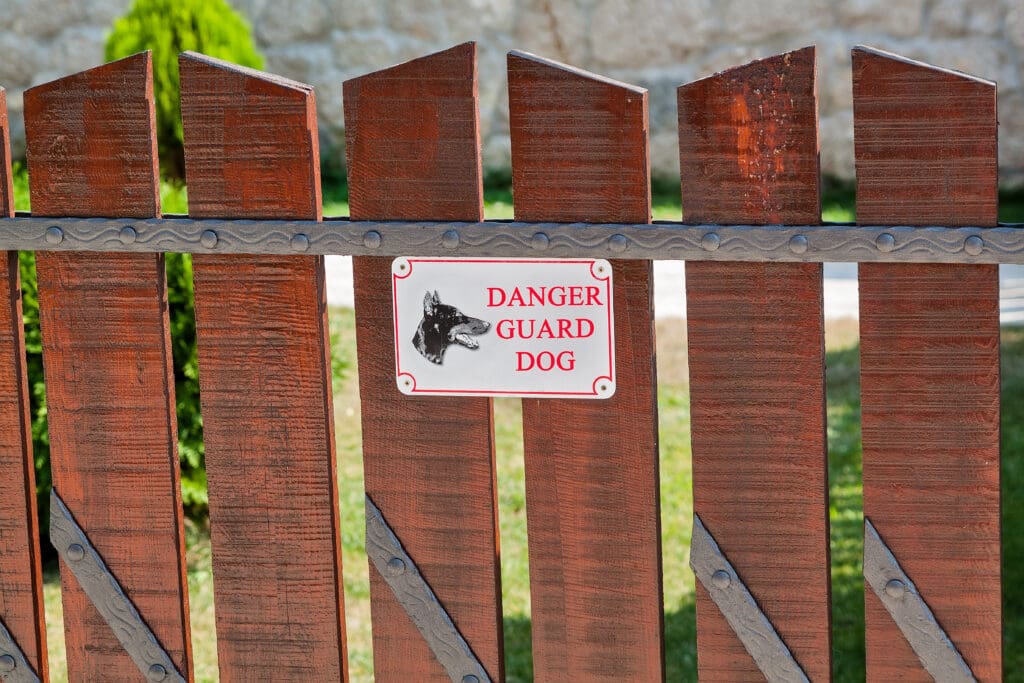The Connection Between Dog Bites and Premises Liability
In the field of personal injury law, premises liability is generally invoked when discussing slips, trips, and other injurious falls. This legal concept allows injured persons to pursue damages from a negligent property owner. If a person injures themselves due to a hazard that the property owner should have informed them of, then that person may be able to receive compensation for their injuries, medical bills, lost wages, and pain and suffering. But premises liability does not only apply to loose stairs, wet floors, and icy sidewalks. Did you know dog bites can also fall under premises liability? We’ll be exploring this connection between dog bites and premises liability today.
Dog Bites and Premises Liability: The Basics
Understanding Negligence
Let’s review what constitutes negligence in a premises liability context first. If a property owner has guests on their property, they have a duty to warn those guests of any hazards they may encounter. This can mean anything from a homeowner telling a guest that the step from the back door to the patio is abnormally high to the owner of an entire office building posting signs to inform tenants of ongoing construction. “Wet floor” signs in supermarkets and “no diving” signs at public swimming pools are both examples of proactive solutions to the duty to warn. One sign that can also be included with these is “beware of dog.”
What is the Duty to Warn?
If a homeowner keeps a dog known to have aggressive tendencies on their property, they have a duty to warn guests of that fact. This duty does not extend to persons trespassing or otherwise uninvited on the property. However, there are exceptions to this rule. Mailmen, for instance, are often required to be present on private property without a prior invitation from the landlord. Police or fire department personnel, landscapers, exterminators, or contract laborers are all also owed this duty of care. Homeowners and landlords should give clear warnings to these professionals. It may also be wise to make arrangements to ensure their dog will not cause injury.
Navigating Your Dog Bites and Premises Liability Case
Proving Negligence
In order for dog bites to fall under premises liability, it’s necessary for the injured person to prove that the property owner’s negligence led directly to their injury. The property owner may attempt to deflect responsibility by suggesting that the injured person contributed to their injury in some way. In this case that may mean an allegation that the injured person teased, harassed, provoked, or otherwise behaved irresponsibly or cruelly around the dog. In most states this can mean a reduced recovery under “comparative negligence” laws. However, in Virginia and Maryland this can mean injured persons are barred from recovery completely. These states employ what is known as a “contributory negligence” law.
Gathering Evidence
So if you are injured by the bite of an aggressive or dangerous dog, hard evidence documenting the incident will be essential to building a strong case. This may include:
- Security or CCTV Camera Footage
- Eyewitness Accounts
- Medical Reports
- Photos of the Dog Bite
- Photos of the Scene of the Accident
- Police Reports
Other Paths to Recovery
Of course, premises liability is not the only path to recovery for persons injured by dog bites. In states like Maryland that do not have “one bite” laws, injured persons can seek recovery under the state’s strict liability statutes. In addition, you may be able to recover damages through the dog owner’s homeowner’s insurance.
How Malloy Law Can Help
If you or a loved one has been the victim of a dog bite injury, you need Malloy Law Offices in your corner. Our experienced and dedicated legal team are the DMV’s dog bite specialists and will pursue maximum damages on your behalf. We’ll cut through the maze of laws and liability to craft a winning strategy for your case. Don’t wait to claim what you’re entitled to. Contact Malloy Law today for a free consultation.






